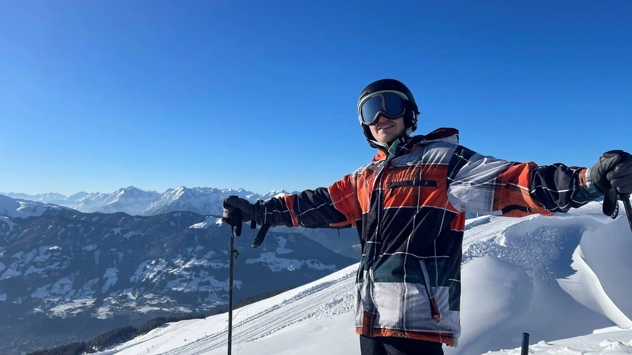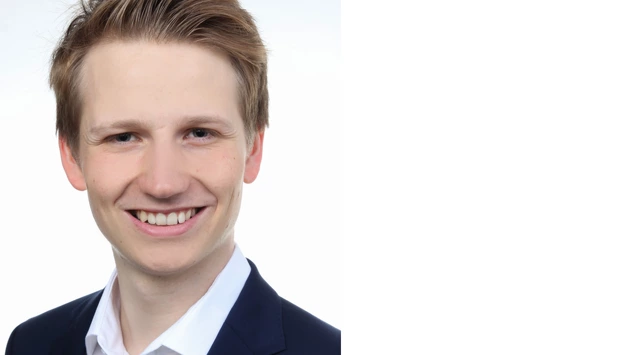Alexander – Process Engineer at Evonik
Personal responsibility and creative freedom! In his story, Alexander tells what he appreciates about his work at Evonik and what kind of sustainability projects he is currently working on.


My typical work day: full of personal responsibility
Before I started at Evonik, a colleague had already told me a few things about Process Technology. So I had some knowledge about how Process Technology works and how it’s set up. Today I can confirm that many of the things I was told in advance were accurate. Process Technology is very open, modern, and helpful. If you ask someone for help, your colleagues will always try to help you out or refer you to the right contact partner.
The fact that I come from Denmark is not insignificant. I am someone who needs a certain amount of creative freedom at work. That’s exactly what we have at Evonik! I can organize my own work however I want, and I have plenty of personal responsibility for project acquisition as well as deciding which projects I will take on.
What sustainability means to me: pragmatism and vision
In choosing sustainability measures, it is important to find a balance between pragmatic, easily implemented measures and large-scale solutions. We don’t want to pile up so many things in the plants that there’s no room left for the big visionary solutions. Our team has developed numerous services. Our site analysis development is especially worth mentioning. We looked for cost-effective measures to help accomplish Evonik’s sustainability targets. So – is it possible to reach those targets with relatively pragmatic measures that are still cost-effective? I was part of the team responsible for evaluating the largest site, Marl.
Right now we are looking at the Steinau site, where I also serve as a project manager. I am doing a site analysis there and seeing which areas need to be optimized. I also work on issues like hydrogen and future technologies. As part of that, I was assigned to a publicly funded project in Rheinfelden. In this project I look at hydrogen management, among other things, and I help with the hydrogen evaluation. Another aspect that comes up again and again in my work is how to measure both sustainability and cost-effectiveness.
We are able to do that using carbon equivalents and carbon abatement cost curves – in other words, we try to determine how much CO2 is emitted by a technology or a process, and how much that saves/costs in monetary terms in relation to carbon savings.
The best thing about my job is: it feels like a big startup
Process Technology is organized so that the individual divisions work collaboratively on tasks that add value, with diverse business lines and sites. People work actively and independently on specialized topics, like our VT-D (Digital Process Technologies) colleagues and their heat integration measures, or the people in the Membrane groups who are working on membrane development and implementation.
If someone wants to join our Sustainable Technologies team, experience in various process technology fields and the ability to use sustainability metrics are important prerequisites. In addition, networking is central to what we do. For instance, when I perform a site analysis, I might have to evaluate an idea that involves membrane technology or even particle technology.
I don’t know about those things in detail, but I can assess them well enough with the help of my network. What I especially liked about the Sustainable Technologies team right from the start was the feeling of being part of a big startup – because we work equitably and we can all collaborate on our individual topics.
